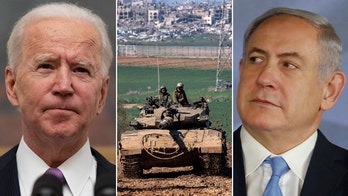North Korea's latest provocation, sending hundreds of balloons carrying trash across the border into South Korea, has raised concerns about the security of key facilities in the South. While the balloons have not caused any major damage, experts warn that they could potentially be used to deliver hazardous substances.
Amid escalating tensions between North and South Korea, North Korea has launched a series of balloon campaigns, sending hundreds of balloons carrying trash across the heavily armed border. While the balloons have largely contained waste paper, cigarette butts, and manure, they have raised security concerns among South Korean officials.
On Wednesday, trash carried by at least one North Korean balloon landed on the South Korean presidential compound in central Seoul. The rubbish contained no hazardous materials, and no injuries were reported. However, the incident raised concerns about the security of key facilities during North Korean provocations.

North Korea's Trash-Carrying Balloons: A Security Concern for South Korea
Some experts believe that North Korea may lack the sophisticated technology to target specific locations with balloons. However, they warn that if the balloons begin to contain hazardous substances, South Korea may need to consider shooting them down.
The balloon campaigns are part of a larger tit-for-tat exchange between the two Koreas. South Korea has recently increased its broadcasts of K-pop songs and propaganda messages across the border, which North Korea views as a threat to its authoritarian rule.

North Korea's Trash-Carrying Balloons: A Security Concern for South Korea
In response, North Korea has threatened new countermeasures against South Korean civilian leafleting, which it claims aims to spread foreign news and undermine its authority.
The intensifying provocations have raised concerns about the potential for further escalation. South Korea has vowed to respond strongly to any North Korean aggression, while North Korea has warned of "grave consequences" if its demands are not met.
Experts say that the current situation is highly volatile and that both sides need to exercise restraint to prevent further escalation. They also call for diplomatic efforts to resolve the underlying tensions between the two Koreas.
Meanwhile, South Korea is exploring the use of laser weapons to intercept North Korean balloons. Such weapons could provide a safer and more accurate way to neutralize the balloons and reduce the risk of damage caused by falling bullets.
As the balloon campaigns continue, the security situation on the Korean Peninsula remains tense and uncertain. The actions of both North and South Korea will be closely watched in the coming days and weeks.










